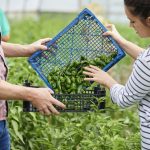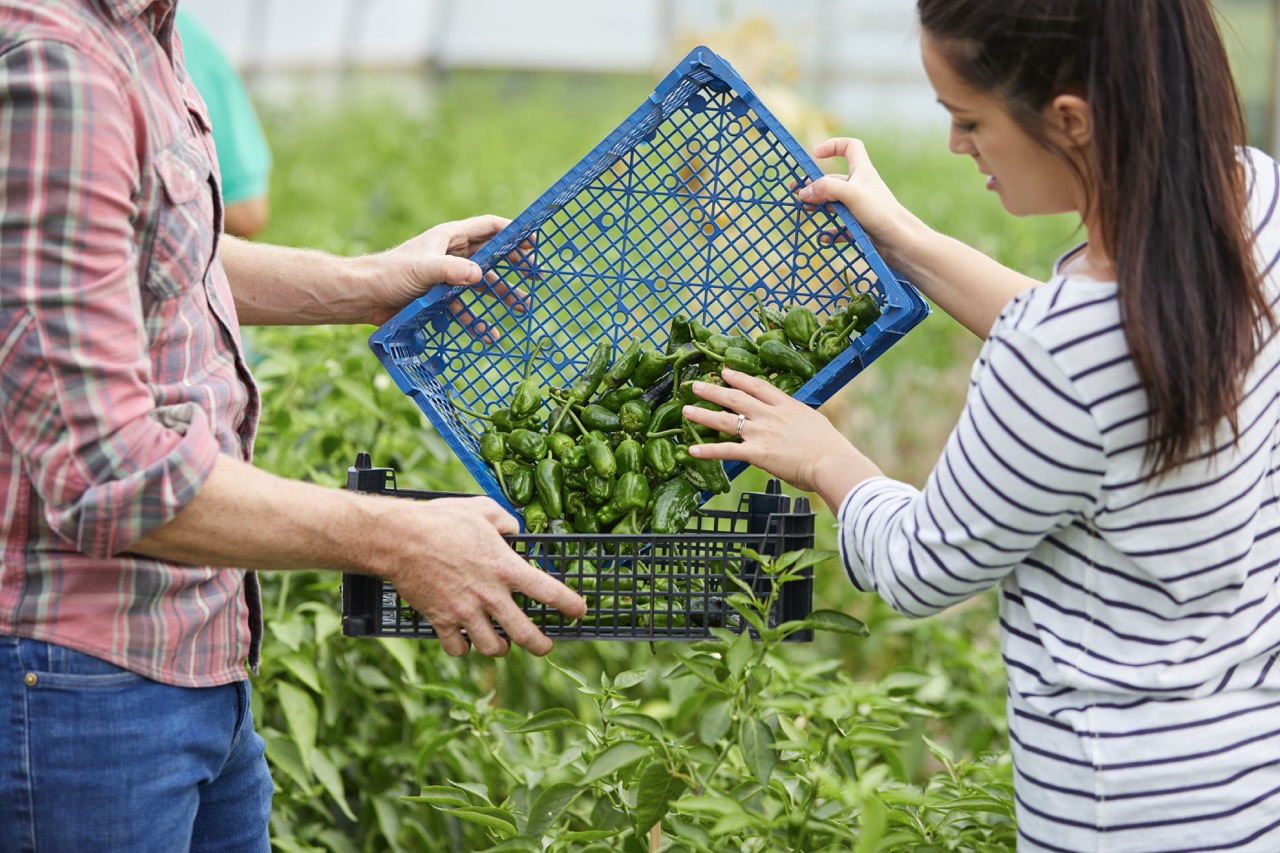The rise of plant-based agriculture is more than just a trend; it’s a significant shift in how food is produced and consumed around the globe. With increasing awareness of health, environmental sustainability, and animal welfare, consumers are gravitating towards plant-based diets, prompting farmers, producers, and policymakers to rethink agricultural practices. This article will delve into the nuances of this transformation, exploring its environmental benefits, economic opportunities, and the challenges that lie ahead.
Understanding the Shift Towards Plant-Based Agriculture
The shift towards plant-based agriculture is largely driven by changing consumer preferences. As more people adopt vegan and vegetarian diets for health and ethical reasons, demand for plant-based products has skyrocketed. This trend is supported by extensive research indicating that diets rich in fruits, vegetables, grains, and legumes can lead to lower rates of chronic diseases such as heart disease, diabetes, and obesity. Consequently, the agricultural sector is responding to this demand by reallocating resources and focusing on sustainable farming practices that prioritize plant growth.
Moreover, the COVID-19 pandemic has exacerbated the urgency for change, exposing vulnerabilities in global food supply chains dominated by animal agriculture. With meat shortages and price spikes, many consumers turned to plant-based alternatives, thus sparking greater interest and investment in plant-based farming. This newfound focus encourages not only health-conscious consumers but also those concerned about the resilience of food systems.
In addition to consumer demand, social media and influential advocates have played a crucial role in popularizing plant-based diets. Documentaries and campaigns have highlighted the ethical implications of animal farming, fostering a growing movement towards more humane and sustainable food choices. This cultural shift has led traditional farmers to reevaluate their practices and consider how they can incorporate more plant-based options into their offerings.
Environmental Impact: Benefits of Plant-Based Farming Practices
Plant-based agriculture is often lauded for its potential to reduce the environmental footprint of food production. Research indicates that plant-based diets require significantly less land, water, and energy compared to their animal-based counterparts. For example, producing one kilogram of beef requires approximately 15,000 liters of water, whereas a kilogram of beans requires just 1,500 liters. By transitioning to plant-based farming, we can mitigate resource depletion and reduce greenhouse gas emissions, which are crucial in combating climate change.
Furthermore, plant-based agriculture promotes biodiversity. By cultivating a variety of crops rather than focusing on monoculture practices, farmers can enrich the soil, enhance ecosystem resilience, and support local wildlife. Crop rotation and permaculture techniques contribute to healthier agricultural systems, making them less reliant on chemical fertilizers and pesticides, which often harm the environment. This shift towards more sustainable practices can lead to a healthier planet and improved agricultural yields over time.
Additionally, plant-based farming fosters better soil health. Techniques such as cover cropping and reduced tillage contribute to soil carbon sequestration, which helps mitigate climate change. Healthier soils can improve water retention and reduce erosion, thereby enhancing the overall productivity of agricultural systems. This interconnectedness between plant-based practices and environmental health strengthens the argument for transitioning away from animal agriculture.
Economic Opportunities in the Growing Plant-Based Market
As the demand for plant-based products rises, significant economic opportunities are emerging within the agricultural sector. Entrepreneurs and established companies alike are investing in the development of plant-based alternatives to traditional animal products, creating a burgeoning market. This includes everything from meat substitutes and dairy alternatives to snacks and ready-to-eat meals, appealing to a wide range of consumers. The global plant-based food market is projected to reach record highs, indicating a lucrative prospect for those willing to engage in this evolving landscape.
Moreover, farmers stand to benefit from diversifying their crops to include more plant-based options. By reducing reliance on traditional animal farming, farmers can tap into new revenue streams, which can be particularly beneficial in regions struggling with the long-term viability of livestock production. This diversification not only mitigates risk but also aligns with consumer demand for locally sourced and sustainable food, creating a win-win scenario for growers and buyers alike.
Investment in research and development is crucial for this sector’s growth. Innovations in agricultural technology, such as vertical farming, hydroponics, and genetically modified crops, can enhance productivity and reduce the environmental impact of farming. Increased funding and focus on these technologies could amplify production capabilities, making plant-based farming not only more feasible but also more profitable for those entering the market.
Challenges Ahead: Barriers to Widespread Adoption of Change
Despite the many benefits of shifting towards plant-based agriculture, several challenges hinder widespread adoption. One of the most significant barriers is the entrenched nature of animal agriculture in many cultures and economies. For countless communities, livestock farming is not just a source of income but also a way of life. Changing long-standing habits and traditions requires not only consumer buy-in but also significant investment in education and outreach to highlight the benefits of plant-based diets.
Additionally, infrastructure and supply chain issues present challenges to the widespread adoption of plant-based farming. Many regions lack the necessary technology or resources to facilitate a rapid transition to plant-based agriculture. For instance, farmers may need access to innovative seed varieties, irrigation systems, and distribution networks. Without the appropriate support and investment, farmers may hesitate to shift away from animal agriculture, fearing economic instability or loss of livelihood.
Lastly, regulatory frameworks can pose obstacles to the plant-based agriculture movement. Policies often favor traditional farming methods, including subsidies and tax incentives for livestock producers, which create an uneven playing field. Advocacy for policy changes that promote plant-based agriculture can help level the field, but this requires concerted efforts from farmers, consumers, and policymakers to reshape the agricultural landscape.
The rise of plant-based agriculture represents a pivotal moment in the evolution of the global food system. As we navigate the complexities of environmental sustainability, health consciousness, and economic viability, it is essential to recognize both the opportunities and challenges that come with this shift. While the path forward may be fraught with obstacles, the potential benefits for our health, the environment, and our economy make the journey toward a more plant-based future an endeavor worth pursuing. With continued investment, innovation, and advocacy, a sustainable and thriving plant-based agricultural system is within reach.








